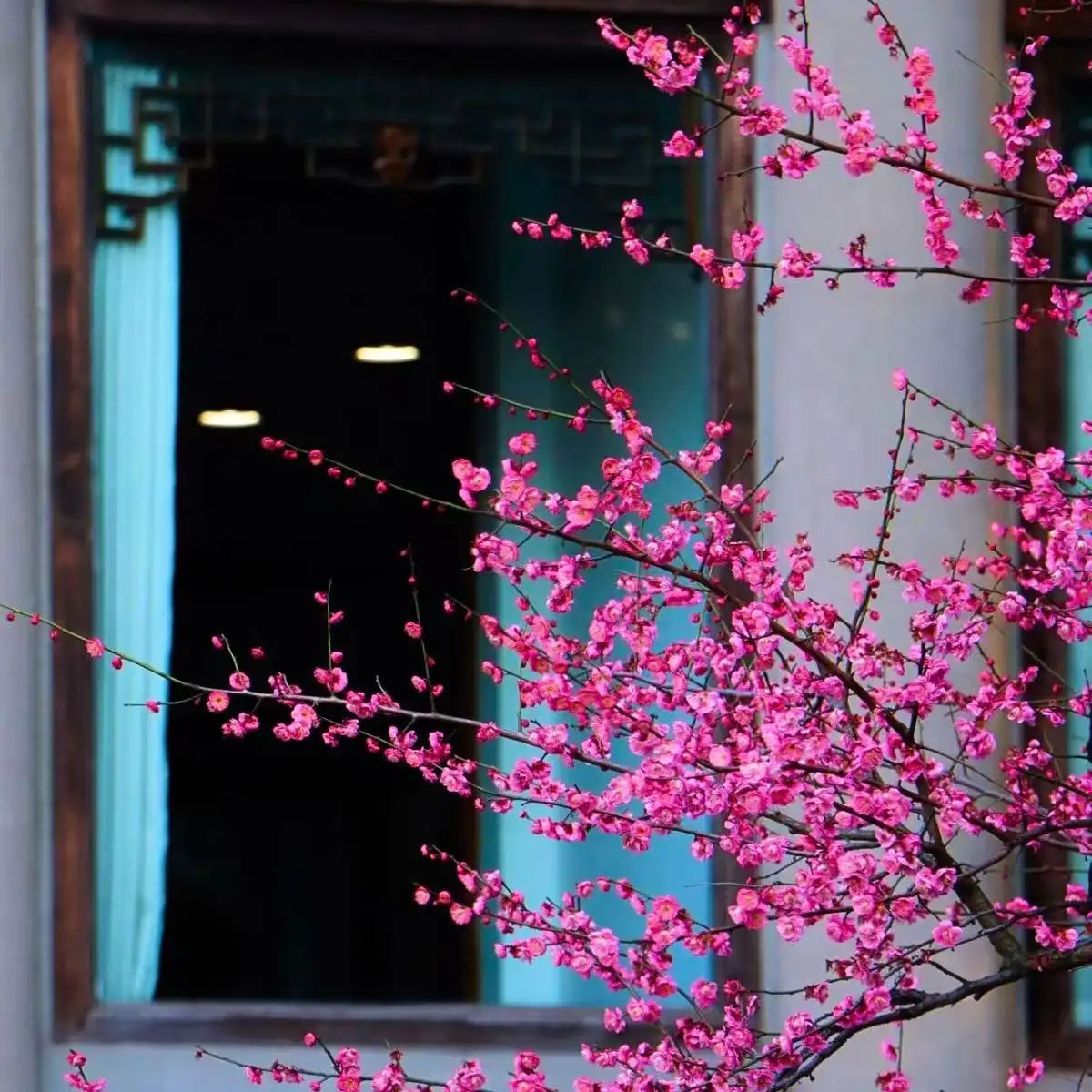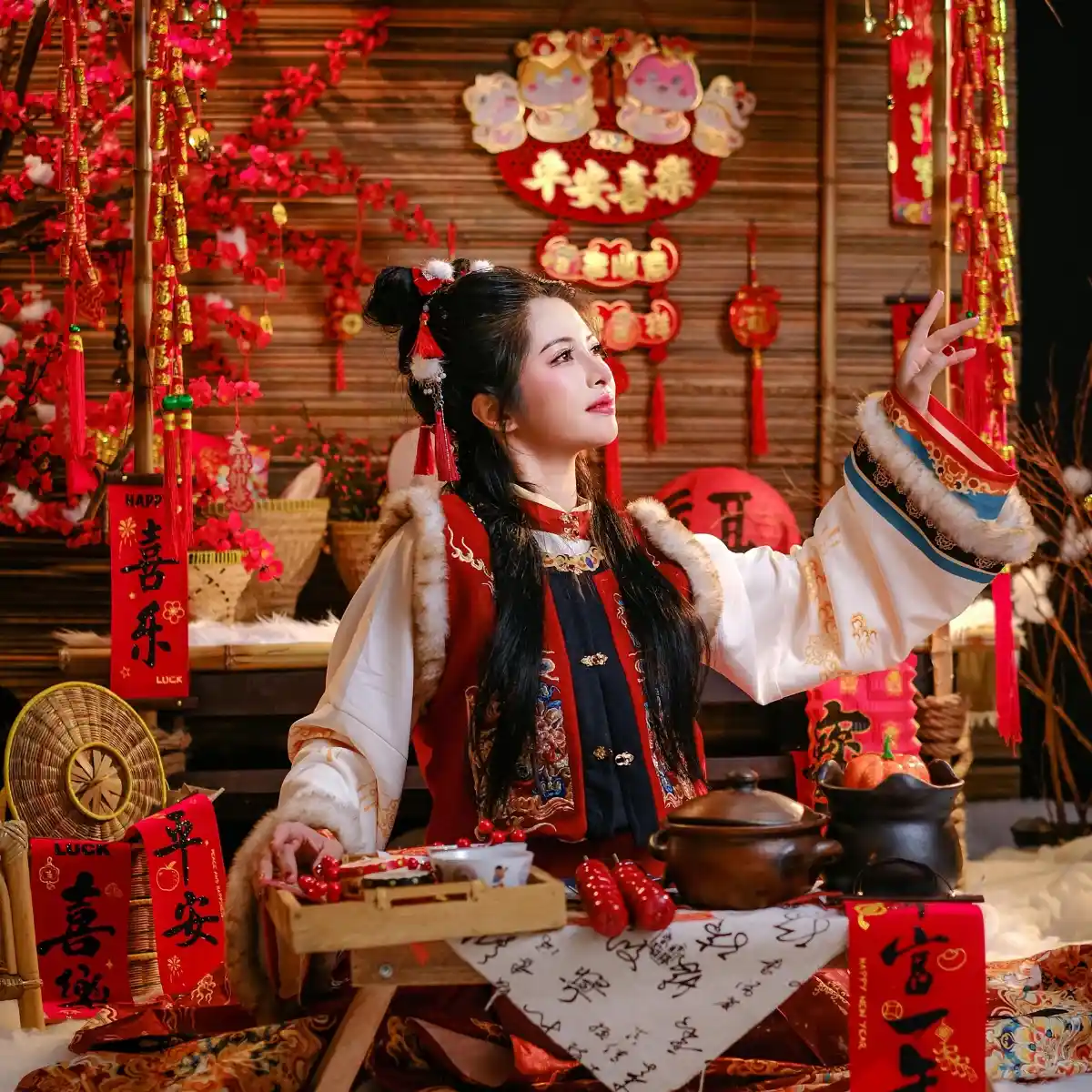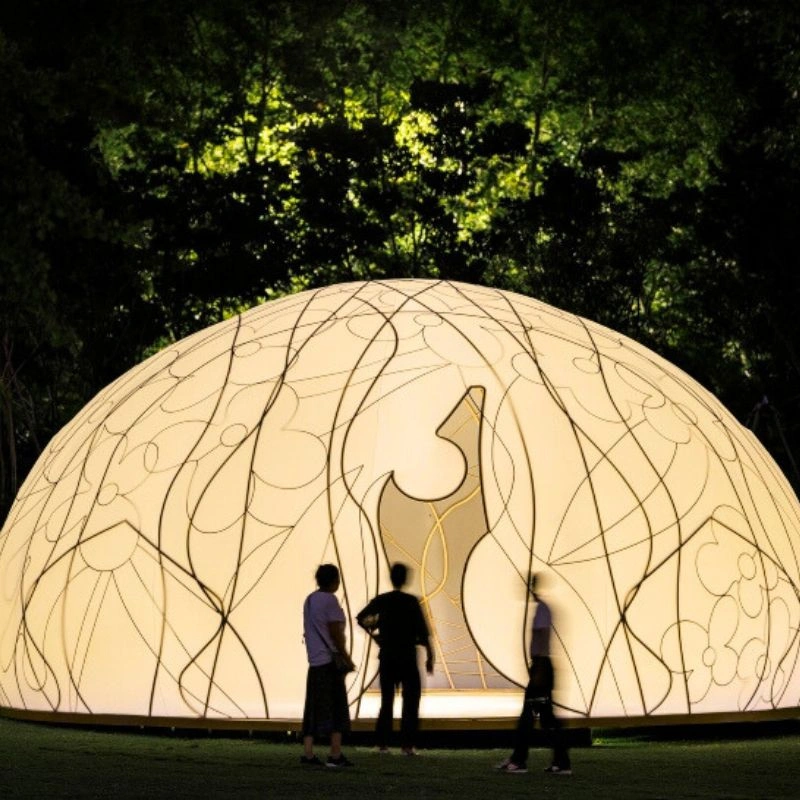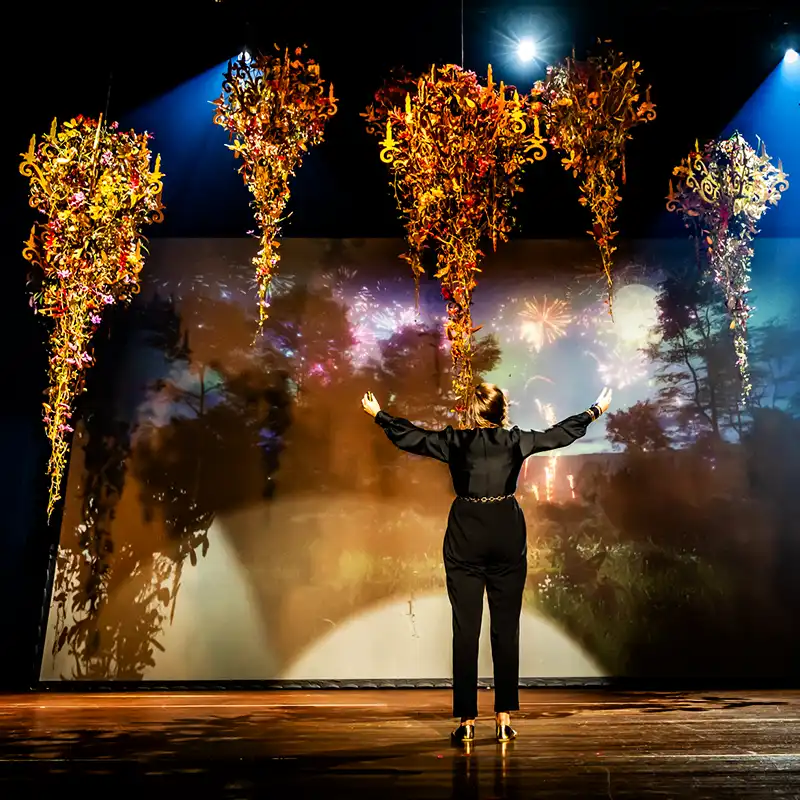The floral world unites in The Hague, Netherlands, at the World Cup Floral Art 2025. One of the twenty-four competitors comes all the way from China. Remember his name: Ni Zhixiang. This is all you need to know about this oriental natural designer.
The Dedicated Floral Life of Ni Zhixiang That Brought Him to the World Cup Floral Art
In 1998, when Ni Zhixiang was making flower baskets at a wholesale store in Nanjing, he was openly mocked by a florist and several flower shop owners. They dismissed his work as poor and lacking taste. That moment stayed with him. It wasn’t just a critique—it was a public humiliation. But it became the spark. Ni made a promise to himself that day: he would master the art of flower arranging and surpass those who laughed at him.
After leaving the store, he scoured every major bookstore in Nanjing until he found a single book: Fundamentals of Flower Arrangement. That was the beginning. Ni bought dozens more books and committed himself to learning—running a flower shop during the day and studying under lamplight at night.

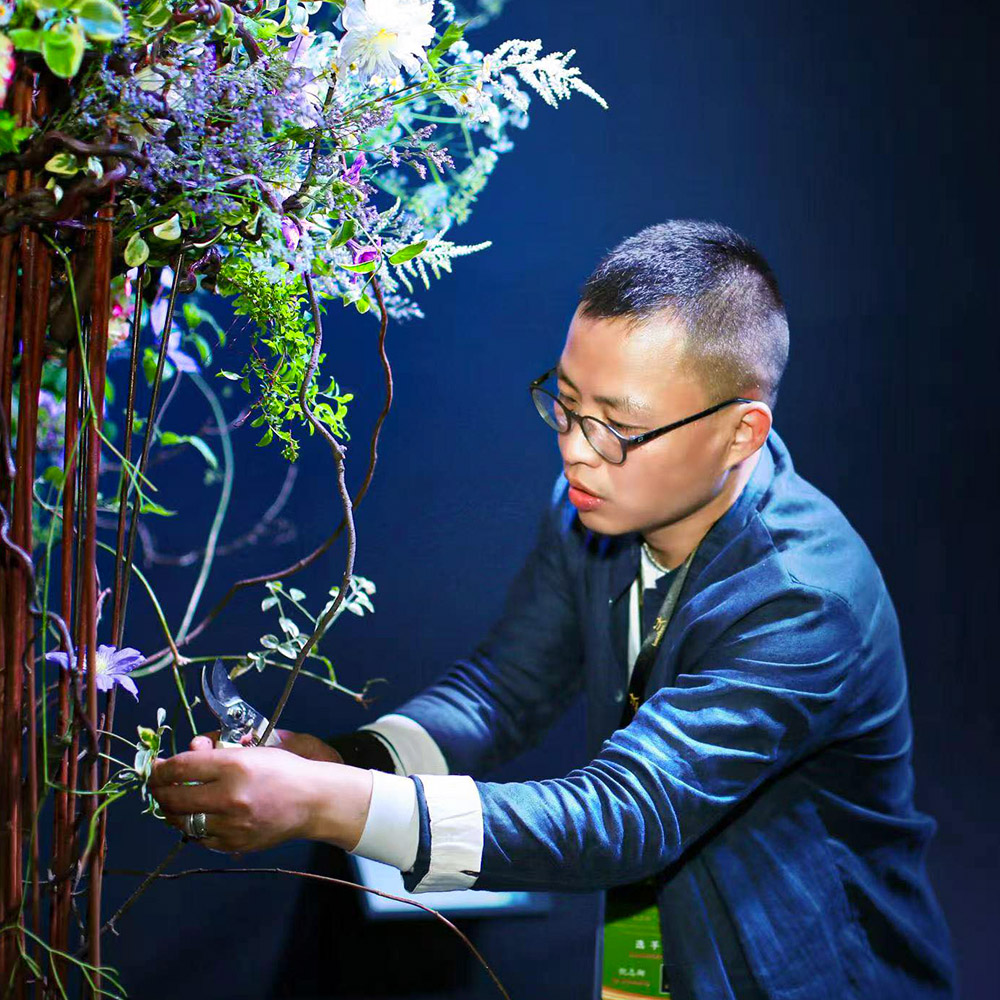
His first major recognition came just a year later when he took first prize at the Nanjing Flower Arrangement Competition. From there, he never looked back. He entered more competitions across China and soaked up knowledge wherever he could. When world-class designers like David Daniel and Per Benjamin visited China, Ni made sure to attend. Between 2005 and 2008, he studied space design and three-dimensional composition at the Nanjing University of the Arts, grounding his artistic instincts in theory and structure.
In 2009, 2015, and again in 2025, Ni won China’s national selection for the World Cup Floral Design Competition. He represented China in 2010 and 2015—and is back again this year, stepping onto the world stage for a third time.
But it’s not just about medals or prestige. Since 2011, Ni has been focused on something deeper: a search for a floral language that reflects his cultural roots and the natural world he grew up in. Inspired by the European natural style, he began to explore how to merge it with Oriental aesthetics. This wasn’t just a stylistic choice—it was a personal journey. He wandered the reed marshes of southern China, studied wildflowers in rural fields, trekked through mountain valleys, and traveled to Southeast Asian rainforests, all to understand how plants live and thrive in nature.
Out of that came the "Oriental Natural Style"—a floral design system he officially introduced at the end of 2013. It’s built around five series: the Water Scenery Series, reflecting the misty canals of the Yangtze Delta; the Pastoral Series, drawing from quiet countryside life; the Forest Series, evoking mountain ecosystems; the Tropical Rainforest Series, full of lush Southern plant life; and the Three-Dimensional Composition Series, where design meets spatial theory.
Since then, Ni has taught over 2,000 direct disciples and trained more than 30,000 students. His teaching has found a massive online audience too, with more than 10 million followers across Chinese social platforms and nearly 300,000 on Facebook. For many, Ni isn’t just a florist—he’s a mentor, a teacher, and a quiet force in pushing Chinese floristry onto the global map.
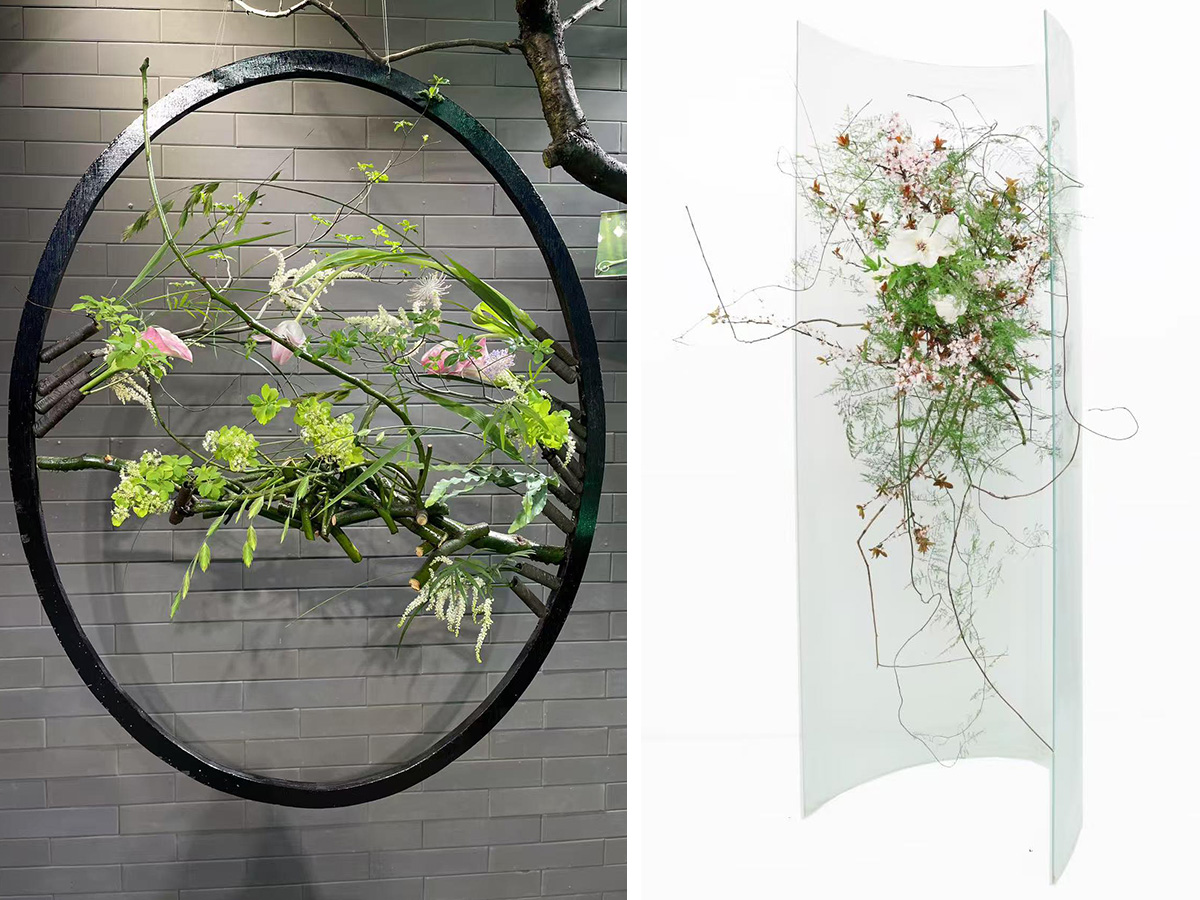
The 2025 World Cup: A Return With Purpose
Now, Ni Zhixiang is in The Hague to represent China once again at the World Cup Floral Design Competition. He’s approaching this round with a calm intensity. “This is not about showing off Chinese culture for the sake of it,” he explains. “As long as a Chinese florist makes a piece, it will naturally carry our cultural spirit. It doesn’t need to shout. It can just bloom quietly.”
Ni’s approach isn’t to create overtly nationalistic designs. Instead, he believes each contestant should search for something universal. “If the World Cup is a flower, then world art is a kaleidoscope. I want to find my place within that kaleidoscope.”
This year, the preliminary round requires four structural works. Ni will draw from both his deeply rooted Chinese aesthetic and the spatial techniques he’s refined over the years. “I won’t design to please anyone. I’ll design something that feels alive—something that grows from my heart.”

Sketches, Tulips, and a Cut Finger
Like many artists, Ni’s creative process can be obsessive. He’s known for sketching at all hours—even in the middle of the night. One piece, inspired by a tulip vase, consumed 80% of his time. He redesigned it repeatedly, never satisfied. Just before completion, a mishap with an electric tool left him with an infected wound on his left middle finger. “It hurt, but the work was worth it,” he says. “I just hope I recover in time for the competition.”
Ask Ni what keeps him going, and the answer is simple: the desire to grow, and to share that growth. “The World Cup is more than a contest. It’s a place to learn, to exchange ideas. I want to make friends, to see what florists around the world are creating. And maybe, someone will remember my work.”
He reflects on his previous World Cup experiences. In 2010, he placed near the bottom. In 2015, he ranked 13th but didn’t make the final. “I cried and took a photo of myself. I told myself I would come back—and next time, I’d smile.”

Rooted in Nature, Open to the World
Ni still spends time walking alone in the mountains. It’s where he feels closest to the truth behind floristry. He watches how plants grow through cracks in rocks, how they thrive in harsh conditions. “That resilience, that beauty—that’s what I want to show.”
He’s excited about where floristry is going too. For Ni, sustainability and natural growth patterns aren’t just trends—they’re the foundation. “The future is about discovering the most beautiful angle of each plant and letting it tell its story.”

Global Collaborations and Local Hopes
While Ni has not yet worked directly with World Cup sponsors Decorum or Marginpar, he knows their reputation. “I look forward to the chance to work with their flowers and maybe introduce them to the Nanjing Hanzhongmen Flower Wholesale Market, which I run.”
And when the competition ends? Ni doesn’t have grand plans. “I’ll take a good rest. Sleep. Then, I’ll go back into the mountains and keep looking for what is real and beautiful.”

Ni Zhixiang’s story is one of slow, steady growth. From that moment of mockery in a flower shop to a self-built career in design, education, and floral innovation—he’s not chasing glory. He’s chasing honesty.
“To make more international friends, and for them to remember my work—that is my greatest victory.”
All images courtesy of @nizhixiang.



